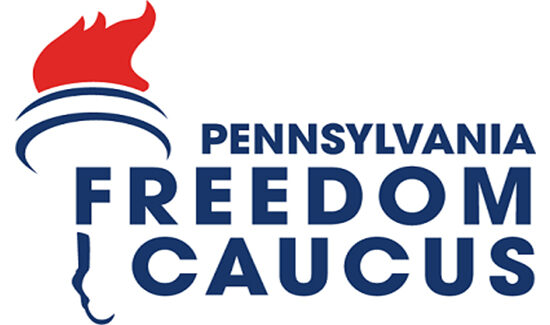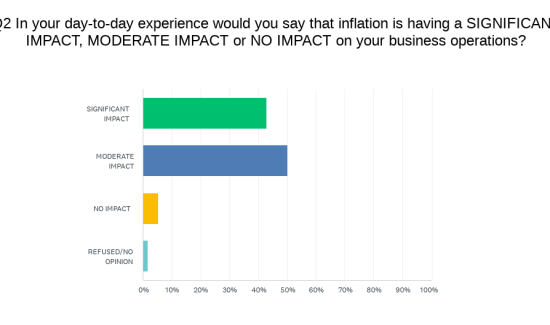Cyber Schools Offer Safety, Restore Self Esteem
![]()
Christopher is a seventh grader doing well in school and has self-confidence his mom, Kristen, was afraid she’d never see in her son again.
Christopher attends Insight Cyber Charter School — one of 3,600 students at his school and one of almost 60,000 students in Pennsylvania’s thirteen active cyber charter schools. Before Insight, Christopher attended his neighborhood district school in southwest Philadelphia, where he was bullied.
Frustrated with her son’s mistreatment, Kristen, like many loving moms, began the challenging process of finding a new school for her son. She felt Christopher was no longer safe in traditional public schools. His academic success and mental and physical health were in danger.
After extensive online research and phone calls, Kristen found Insight Cyber Charter School. While attending Insight, Christopher transformed.
“He went from being afraid to go to school and falling behind to someone who loves to learn, and his self-confidence is off the charts,” said Kristen.
Like Christopher, Ryan has a story, too — a story many in the education establishment prefer not to discuss.
“Ryan’s gifted,” said Robyn, Ryan’s mom and biggest champion, “and now their talents and skills are evident for all their teachers to see after years of being bullied by students — and even teachers — in public schools.”
Following the prolonged pandemic lockdown of Philadelphia district schools, Ryan returned to the neighborhood high school as a sophomore. But the “new normal” was not conducive to Ryan’s academic success.
“Ryan was criticized for being Ryan,” said Robyn. In a drastically changed environment, Ryan felt out of place and anxious.
Robyn finally decided enough was enough. With the passion of a mom on a mission, she met with teachers and administrators at Ryan’s old public school, school district staff, and officials at the local intermediate unit. She left no stone unturned, trying desperately to find the right place for Ryan. Still frustrated, she decided there were no good options in the Philadelphia School District. So, Robyn transferred Ryan to Achievement House Cyber Charter School.
Ryan is now a very happy student at Achievement House Cyber Charter School, excelling academically and rediscovering self-confidence. Robyn is so proud and relieved. “Instead of being punished or misunderstood, the teachers at Achievement House helped Ryan,” she said. Ryan now creates and designs artwork and posters and is comfortable sharing that work with the world.
Children need the opportunity to succeed, and parents need more suitable academic options for their children.
Families choose a cyber education for various reasons. Like Ryan and Christopher, some students are anxious, gifted, or just need extra help. Some want to escape bullying. Some deal with agoraphobia and the fear of groups. Most want a fresh start with other students who, like them, are more comfortable learning online. For many students, cyber schools are their second, third, or fourth chance at academic success. It’s also their pathway to productivity, creativity, self-sufficiency, and excellence.
Pennsylvania’s cyber charter schools, alongside their 163 brick-and-mortar counterparts, are independently run public schools with more flexibility than district schools. Altogether, over 161,900 students attended a charter school in 2022–23. As a percentage of enrollment, they serve more than twice the number of low-income and minority students compared to traditional school districts. Charter schools are often their only public alternative.
Yet, brick-and-mortar charters’ reliance on local school district boards for authorization and cyber charters on the Pennsylvania Department of Education (PDE) are counterproductive. School boards deciding whether competitors stay open is a conflict of interest, and PDE approvals often turn political. Independent authorizers would ease the conflict and ensure more fairness.
Politicians must stop protecting bureaucracies and fighting over education funding. Politicians must also stop worrying about the name of the school on a child’s diploma. Instead, they must ensure that more children receive not only diplomas but also the skills and self-confidence to succeed.
Children need the opportunity to succeed, and parents need more suitable academic options for their children.
“Parents have the right to choose how their child is educated,” said Robyn.
We should root for students like Christopher and Ryan and make sure parents like Kristen and Robyn have as many good school choices as possible.
Guy Ciarrocchi is a Fellow with the Commonwealth Foundation. He also writes for RealClearPennsylvania and Broad + Liberty. Follow him @GuyCiarrocchi.





